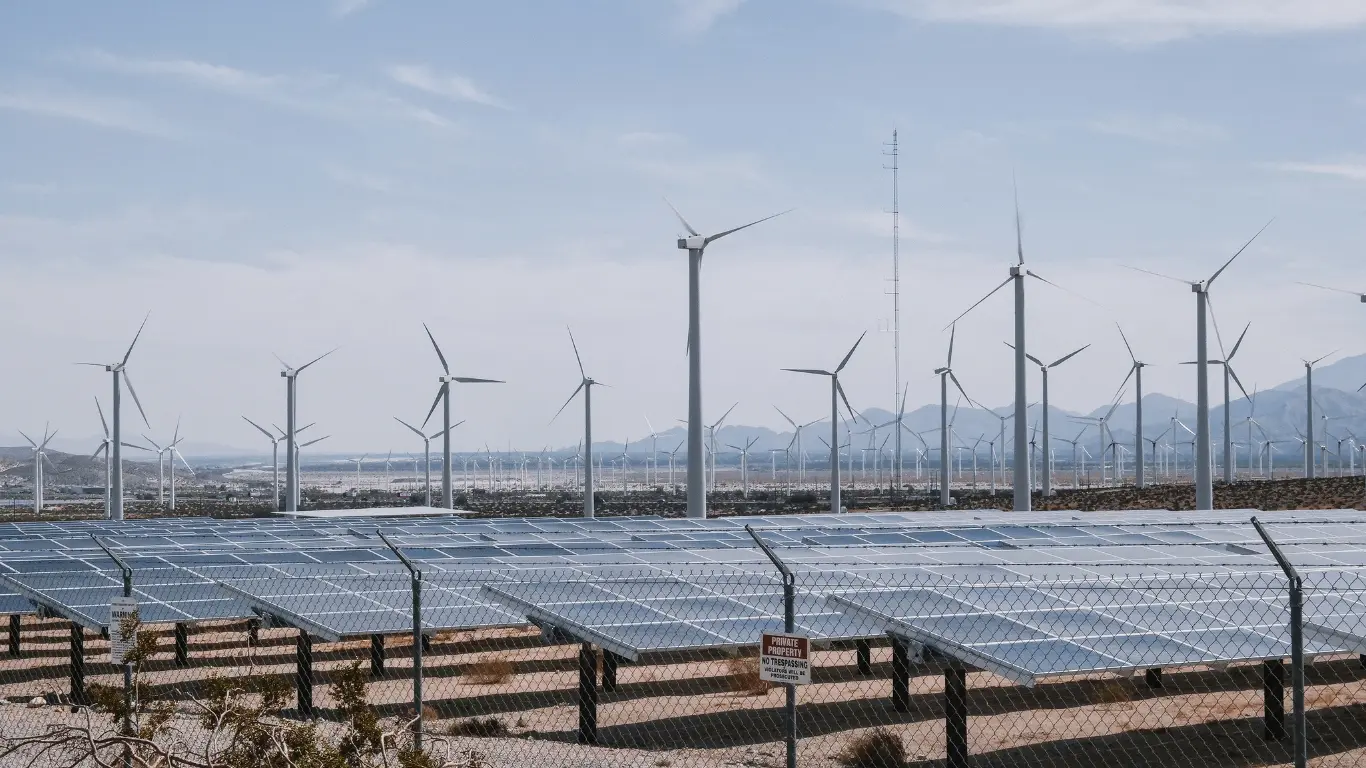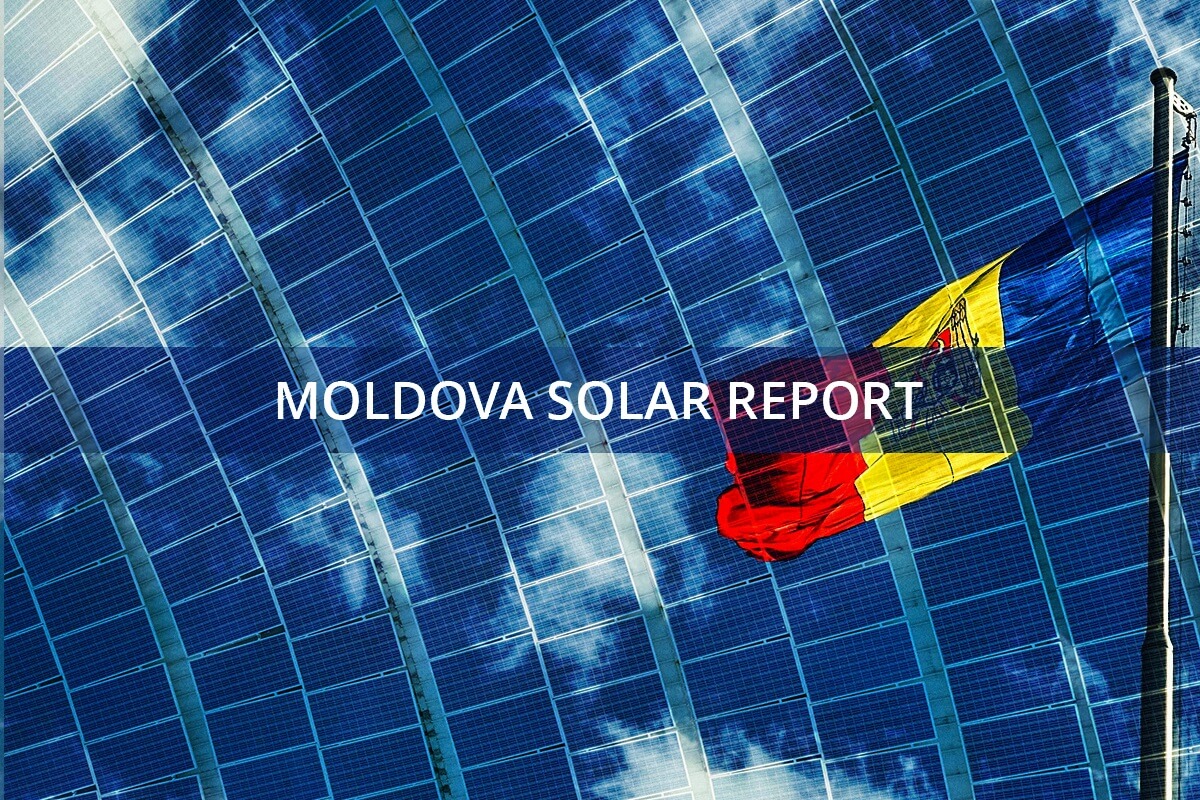Moldova has established a new regulation for approving power plants over 20 MW, streamlining the authorization process for renewable energy projects on the free market without support schemes. The regulation aims to enhance efficiency and transparency, with project evaluations conducted by the Authorization Commission.
Enhancing Predictability for Investors
In a significant move towards energy reform, Moldova has established a new regulation for the approval of power plants exceeding 20 MW. This regulation aims to streamline the authorization process for renewable energy capacities, especially those operating on the free market without a support scheme. Energy Minister Victor Parlicov emphasized that this regulation will enhance predictability for investors while ensuring alignment with the state’s energy policies.
Under this regulation, the project evaluation will be conducted by Moldova's Authorization Commission. This commission will assess the technical credibility of each project; its compliance with state energy policies; the feasibility of its connection to the electricity grid; and the suitability of the required land.
Once the Authorization Commission accepts an application, it will be subject to a vote by Moldova’s cabinet ministers. If approved, the government’s decision to install or expand a power plant will be valid for 60 months. An exception to this procedure will be available for generators approved under tenders.
Impact of the New Regulation
The new regulation, drafted by the Ministry of Energy, is designed to improve the efficiency and transparency of obtaining the necessary documents for the construction and commissioning of large power plants.
Energy Minister Victor Parlicov highlighted the benefits of this new regulation, noting that it would facilitate the authorization of renewable energy capacities. This is particularly important for projects on the free market and those without a support scheme.
The regulation provides predictability for investors which is crucial for fostering investment in the energy sector. Parlicov also mentioned that the state would be able to align the technologies to be installed with the policy documents promoted in the energy sector.
Renewable Energy Generation in Moldova
In January, the Moldovan government announced that the country would hold its first renewables auction this year. The plans included procuring 105 MW of wind energy and 60 MW of solar energy between April and July, with the auction results expected by the end of the year.

Wind and solar energy
However, renewable energy generation capacities are capped in the Republic of Moldova due to limitations related to the structure of consumption. Specifically, 105 MW are allocated for wind energy and 60 MW for photovoltaic parks which are expected to be commissioned by 2025.
As of 2023, only 6% of Moldova's electricity consumption comes from renewable energy sources. Of this, 54% is generated by wind; 34% by photovoltaic energy; and 6% by hydro and biogas-based energy. Hydro and biogas-based energy are continuous and reliable sources that do not depend on weather conditions, unlike wind and solar energy. Notably, biogas-based energy remains the most underutilized capacity.
Moldova Government Supports Renewable Energy
To support green energy producers, the state has implemented three mechanisms that guarantee the purchase of surplus energy delivered to the grid. These mechanisms help producers recover their investments. Net metering is valid for small producers with installations intended for private consumption.
Feed-In tariff which is valid for 15 years applies to photovoltaic parks and plants up to 1 MW and wind farms up to 4 MW. Fixed price which is also valid for 15 years, applies to larger photovoltaic parks and wind farms with capacities assigned through auctions. The launch of tenders for these large capacities is planned for early 2024.
These support mechanisms are designed to encourage investment in renewable energy by providing financial stability and predictability for producers. By guaranteeing the purchase of surplus energy, these mechanisms help ensure that producers can recover their initial investments and continue to operate sustainably.
The new regulation and support mechanisms represent a significant step forward in Moldova's transition to renewable energy. By streamlining the approval process and providing financial support, the government aims to attract more investment in renewable energy projects. This will not only help Moldova meet its energy and climate goals but also contribute to the global effort to combat climate change.

